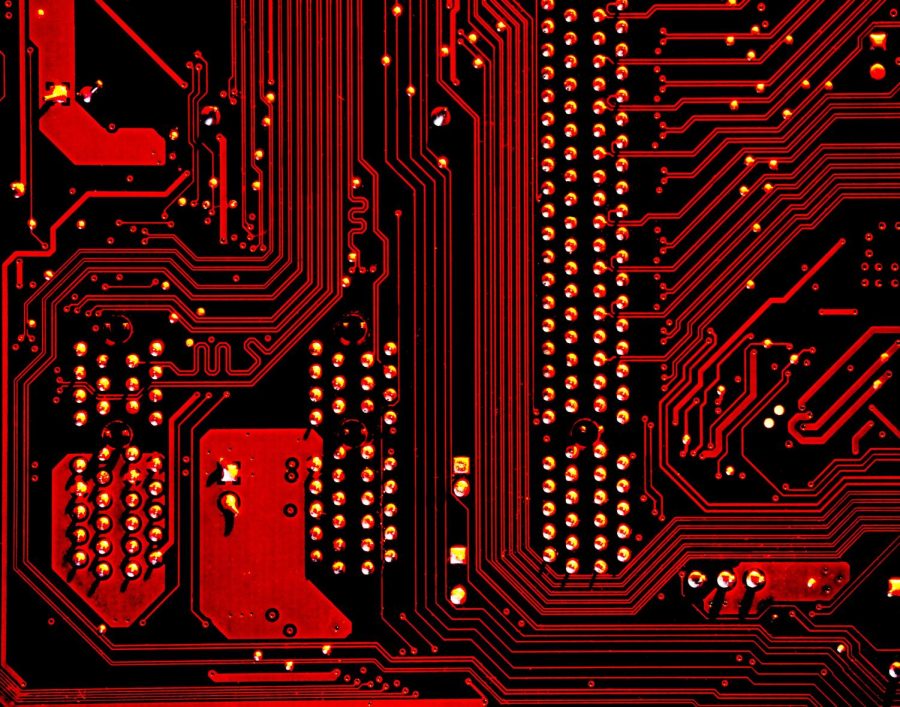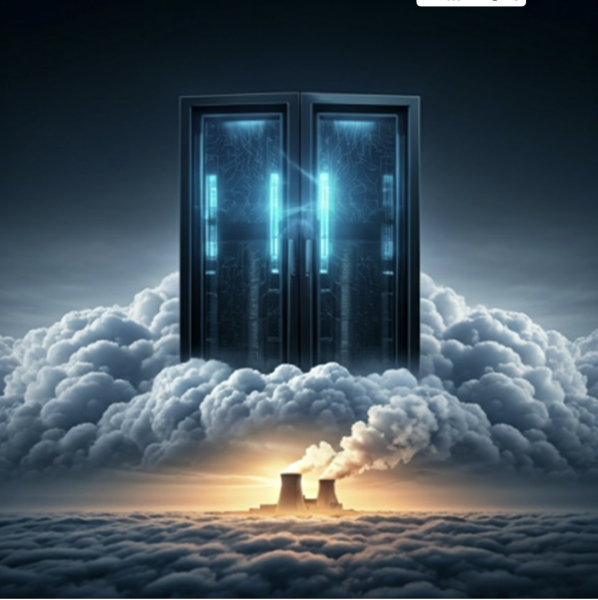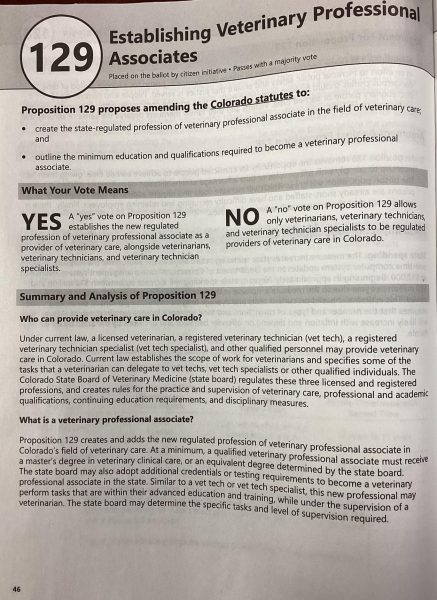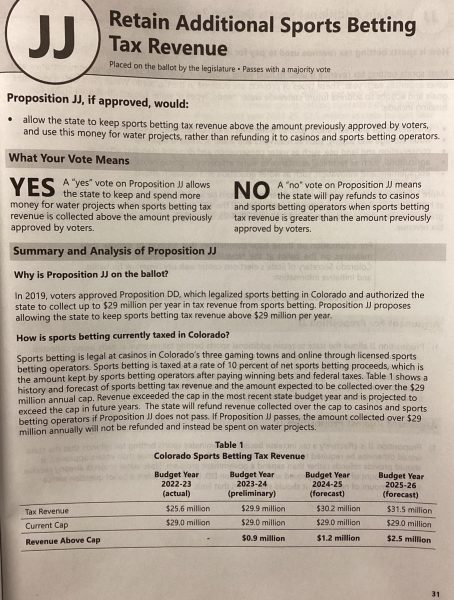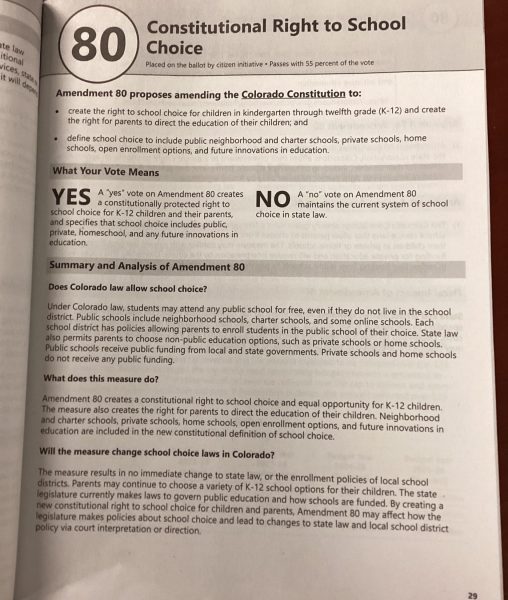Op-Ed: “Unlocking the Power of Artificial Intelligence: A Candid Conversation with ChatGPT”
As an American kid growing up, I heard stories about all sorts of doomsday prophecies. I distinctly remember the first time I heard about the Yellowstone Caldera, otherwise known as the super volcano, and being terrified of this larger-than-life power.
In the modern day, many have feared nuclear war: one that could start at any minute and historically almost started. One of the classic doomsday prophecies is slowly becoming a more boring reality, and that is the threat of AI.
So, what’s the big deal with AI? I decided to ask one. “ChatGPT is an AI language model, developed by OpenAI. It was trained on a large corpus of text data to generate human-like responses to a wide variety of topics. Its knowledge is based on patterns in text, with a cutoff date of 2021,” so in the future it will either need to be updated or will be outdated. As you can see, I have cited ChatGPT as my reference for this description.
ChatGPT can provide an answer for any question, kind of like Google, but instead of having to sift through the information yourself, this AI can read and summarize for you.
You might ask, why is the title in quotes? I thought maybe it would be more fitting for ChatGPT to write the title for this article, to prove my point. AI can do all these things, and more.
If I were a lazy student, I could simply direct ChatGPT to write the entire article for me. That might seem nice, but the threat it poses to artists, writers, and creators of any kind is very real.
Ryan Reynolds, famous actor, and face of Mint Mobile recently had ChatGPT write an ad script for his company, to get Mint Mobile more publicity. He had the chatbot write a script for Mint Mobile in his voice, with the parameters: use a curse word, include a joke, and let customers know that their holiday promotion was still going, even though other wireless providers had ended theirs. All in all, it wasn’t a terrible ad read.
This ad read and many fearmongering articles may trick you, but the idea that chatbots will replace all creative workers might just be anxiety. When asked about this, ChatGPT responded “it’s unlikely that AI systems like ChatGPT will completely replace human creativity.”
Chatbots cannot come up with new ideas, they merely recycle old ideas faster than any human could possibly hope to. Will Lion, the Joint Chief Strategy Officer at BBH London says, “If computers are bicycles for the mind, ChatGPT is a motorbike letting us go creatively further,
faster with less effort.”
Ultimately, as AI progresses, our original fears are being quelled. While AI can never replace us, it can summarize years of research extremely quickly, and thus can bolster our creative work and help us come up with groundbreaking ideas. It still requires someone to ask it a question to even begin the creative process, but once it starts the creative process it can be very helpful to humans as far as researching and rewriting.



